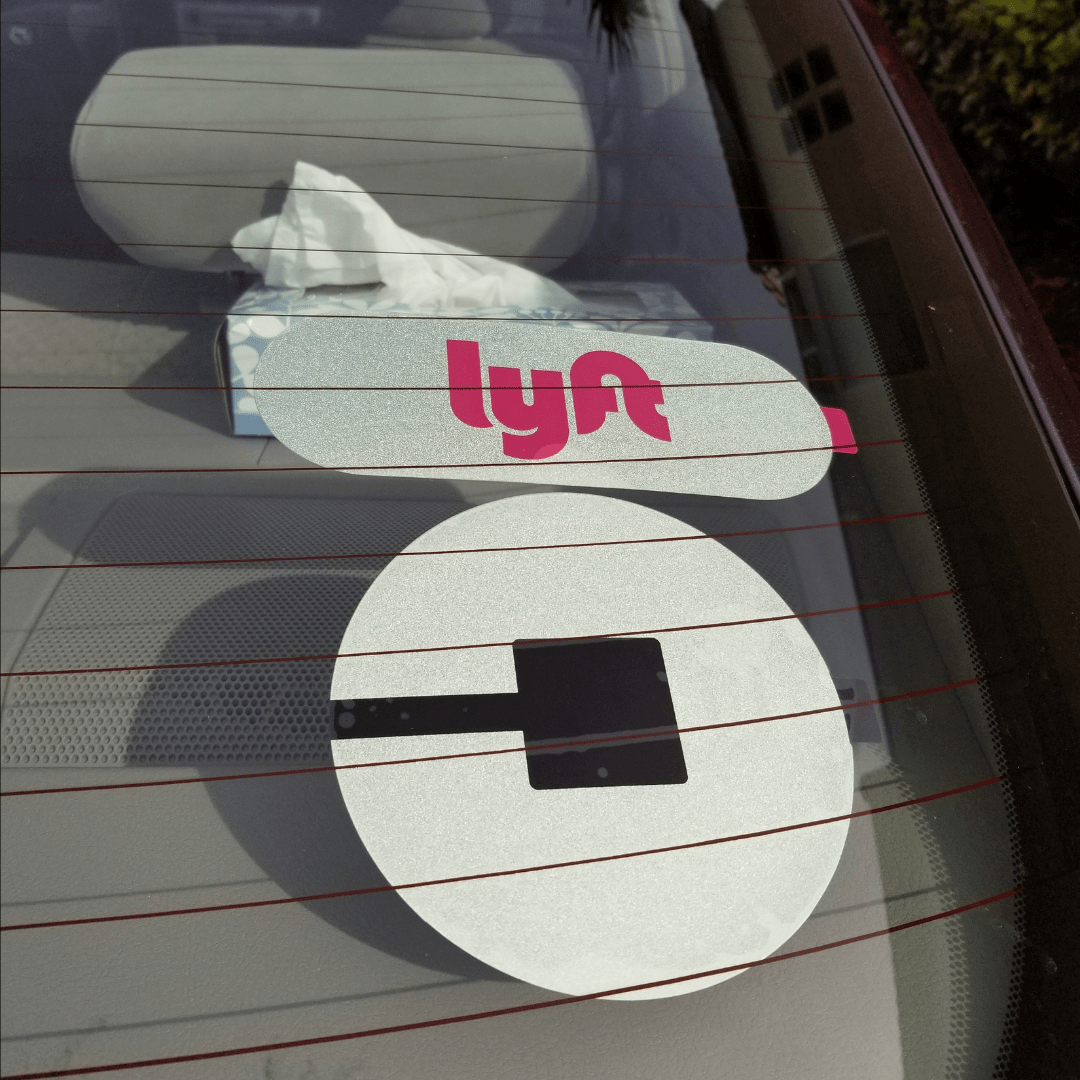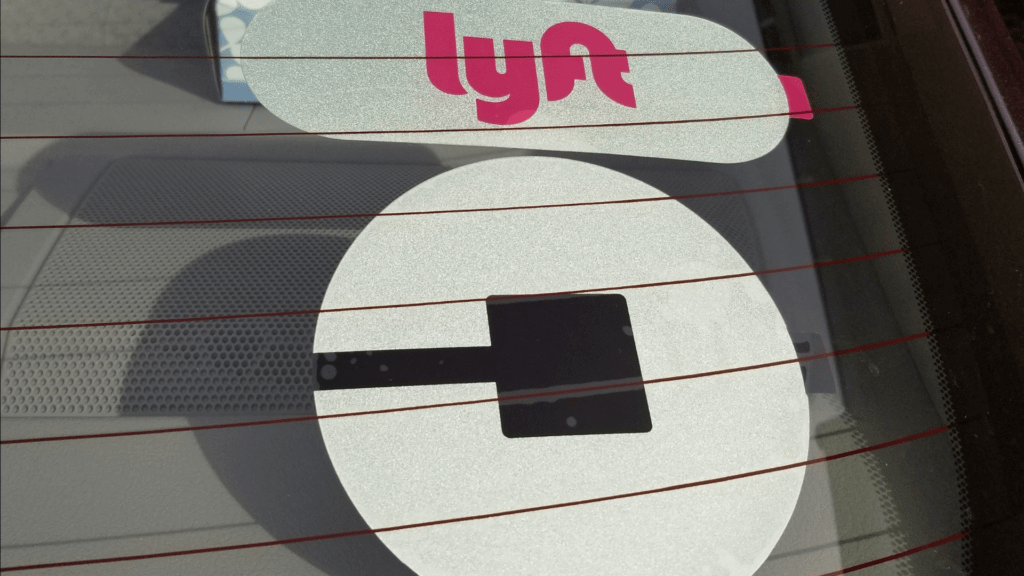

The gig economy is on the rise. While concrete statistics are hard to find, temporary workers and subcontractors are becoming increasingly common among employers and those seeking employment. This includes independent contractors too. Popular gig companies include transportation apps like Uber and Lyft, service websites like Care.com, and food delivery services like Uber Eats and Grubhub.
Those gig economy workers working on-demand jobs have a higher risk for injury. Gig workers typically work in traditionally hazardous industries, such as transportation, delivery, and at home services. The largest area of gig work, on-demand transportation, is particularly hazardous. Isolated working conditions with high client-facing interaction can lead to dangerous situations. Taxi drivers are at a significantly higher risk for fatal injury and life-threatening attacks compared to the average worker.
However, for gig workers, workers’ compensation can be difficult. Gig workers are currently classified as independent contractors and self-employed, leaving them without benefits such as workers’ compensation. Though workers such as Uber and Lyft drivers are connected with passengers through the company’s app, the businesses purposefully label themselves as technology companies, rather than on-demand transportation services, a loophole to free themselves from responsibility to their gig workers.
At the heart of the classification issue for whether gig economy workers are employees or self-employed is whether the person has control over their own labor and work. Independent contractors (such as freelancers) set their own hours and rates, receiving the benefits of being their own boss. Gig workers however, while they can decide when they work, must follow the rates dictated by their company and rely on them for clients (and so are unable to build up their own following).
This can create difficult problems when work injuries occur. Gig companies put the onus for health insurance (and other coverage such as vehicle insurance) on their gig workers. Additionally, gig economy workers may be ineligible for unemployment benefits (including Medicare and government-provided health care) due to the nature of the employment relationship with a gig company. Again, gig companies claim the majority of their team members are independent contractors and not employees.
There are many types of gig jobs. The professional relationship between employer and employee varies greatly. This is why workers’ compensation claims for gig workers need to be examined on a case-by-case basis. It is important to establish whether a worker has control over their own labor (and is therefore an independent contractor) or is controlled by the platform (and therefore should be entitled to benefits as an employee).
The gig economy is a quickly growing field, with many people relying on gig jobs for their sole source of income. Laws and rulings surrounding the gig economy and workers’ compensation can be complex and are still developing. If you or a loved one are a gig worker who has suffered a work-related injury, our workers’ compensation lawyers at Dugan & Associates can advise you on how best to proceed. We will work to pursue fair and just compensation for loss of earnings, medical expenses, and damages. Contact us today online or by telephone at 412-353-3572.
"*" indicates required fields